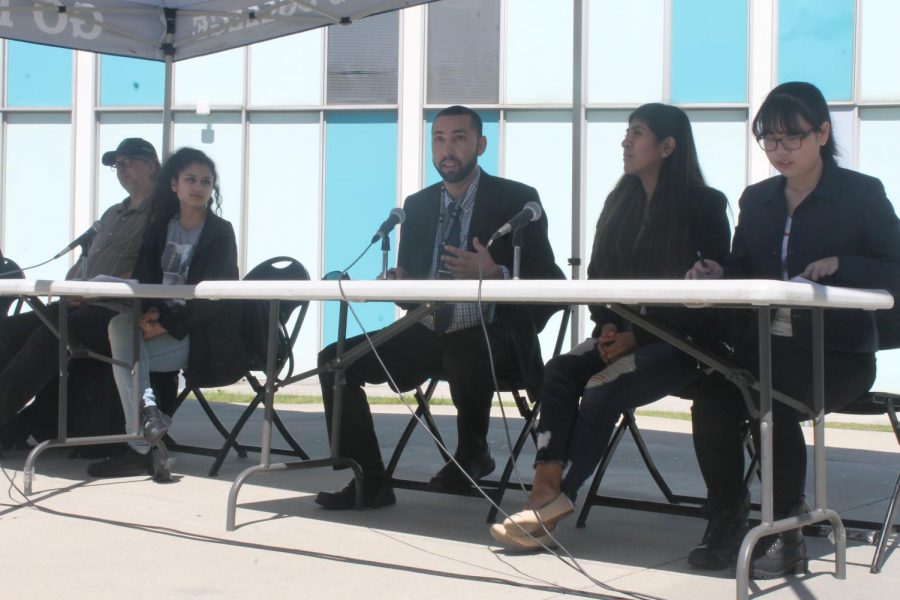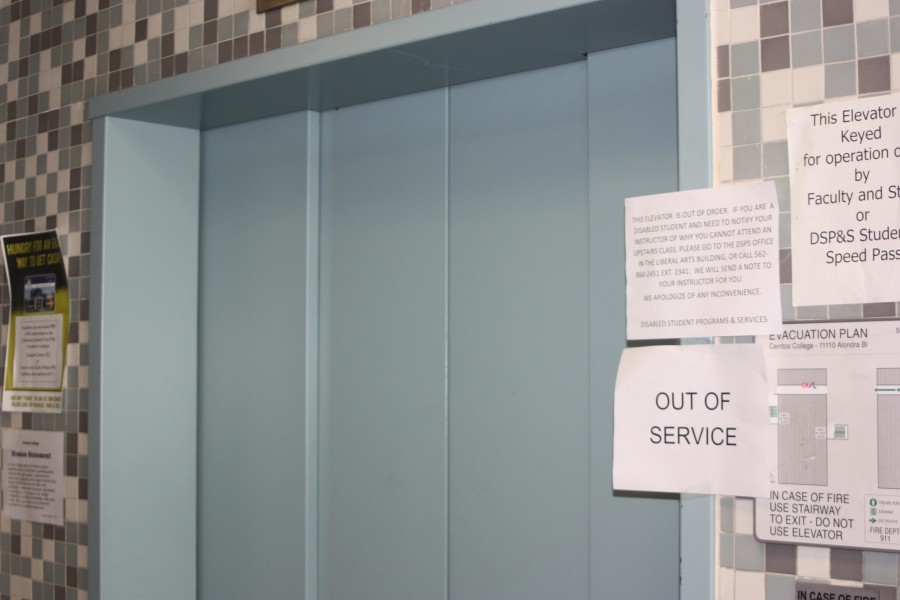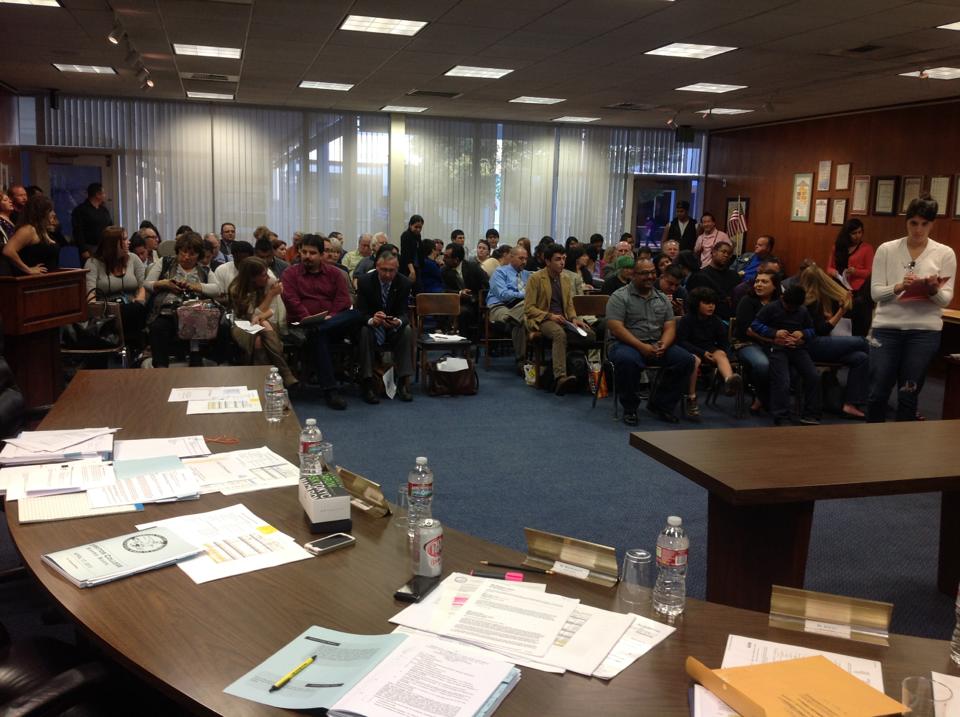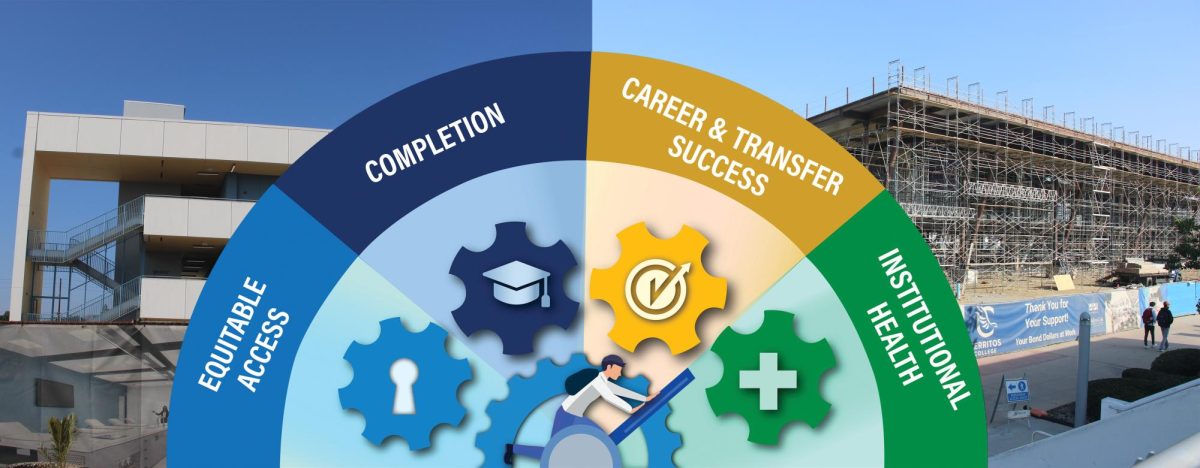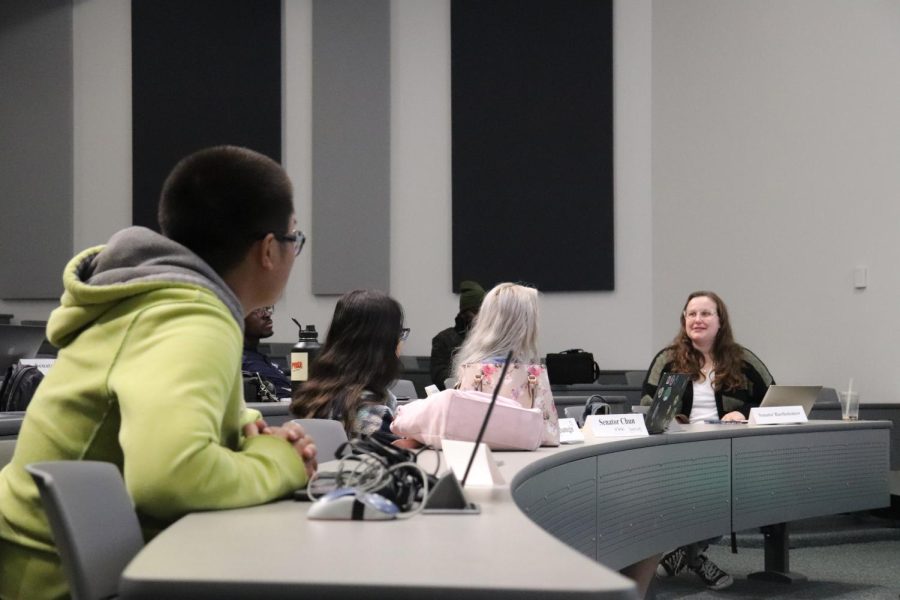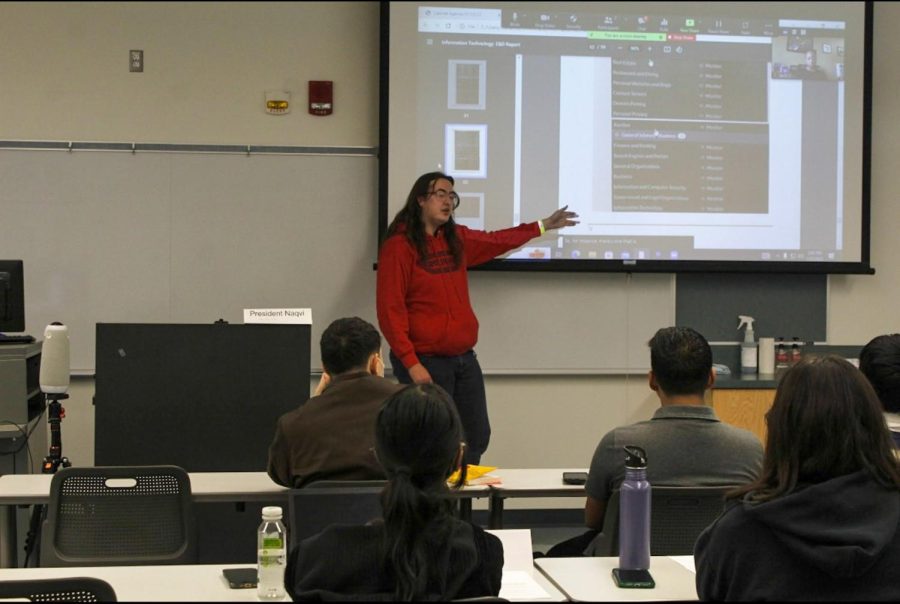There is word of a menacing Pell Grant reduction to community college students in California of approximately 55 percent of what it grants financial aid to students.
A super-committee set up by congress is conductive in figuring out the cuts that should be made to regulate the state’s economy for upcoming years. Documents are then presented to the president for final accreditation.
The idea to reduce Pell Grant money was brought about by certain officials of the Republican Party, suggesting that students should be responsible for paying their own education without the help of the government.
One who supports this idea thoroughly is congress woman Michele Bachmann, who is also a candidate for the Republican presidential nomination.
In previous conversations in congress, Bachmann’s tea party group claimed financial aid to be “the welfare of the 21st century.”
ASCC Vice President Julian Del Real-Calleros explains that it is not too late for students to become involved in the anti-legislative movement for a the Pell Grant reduction. “We have until Nov. 23 to communicate with our congressmen [and] our senators, in order to tell them to not let the committee cut from financial aid,” Del Real-Calleros said.
By reaching congressmembers in government, there is a chance that if the legislation were to reach the house or the senate after the committee, in consideration to the peoples petitions, congress may come to vote against it.
Students who receive the full Pell Grant amount of $5,500 will be affected in their living cost, since most of this money is used to provide housing, nourishment, and transportation for an entire semester.
On the contrary, Del Real-Calleros discloses that “students who do live with [their] parents and have a car provided by their parents, would not be affected that much,” due to the housing and nutritional support, yet they are still going to suffer a vast reduction.
As an example to the matter, if you were receiving the full amount of $5,500 per semester, the amount will be reduced to up to $2,475, if legislation is passed.
Financial aid requirements shaped by the state tax boards are not bound to change, but instead encourages a student to create an educational plan to help conduct a path.





